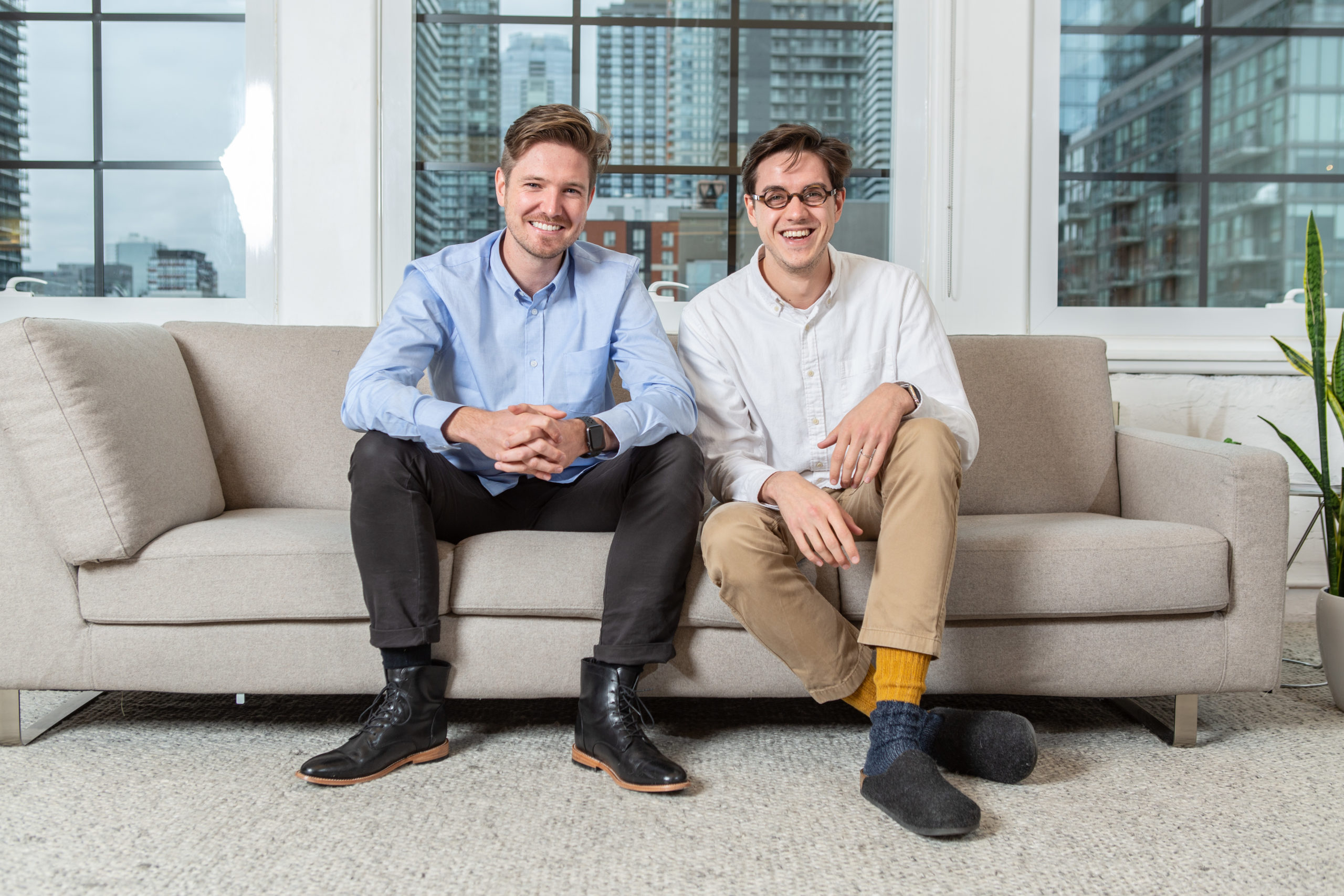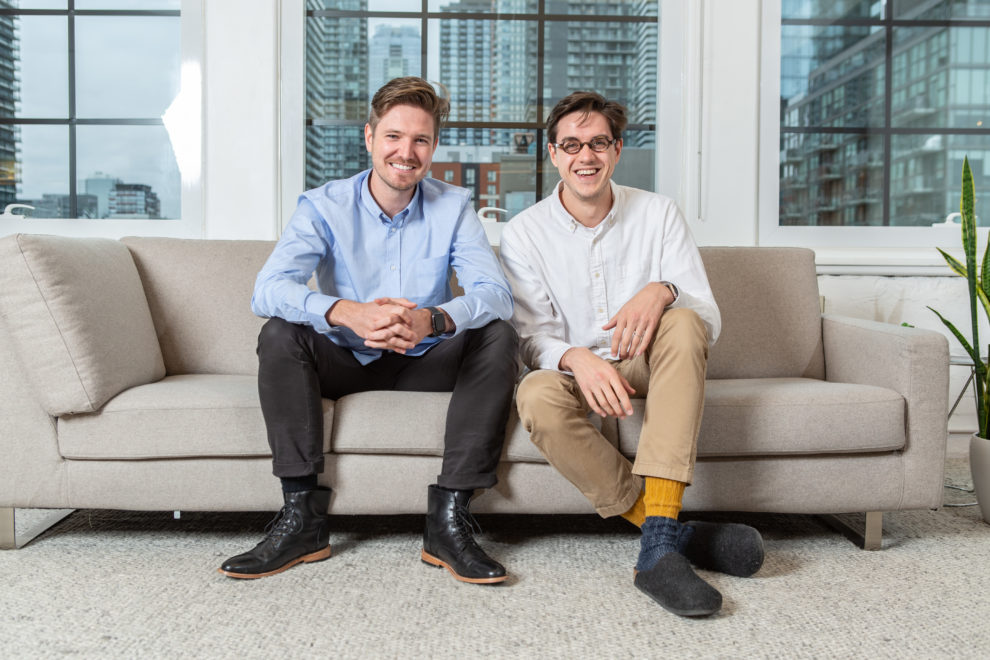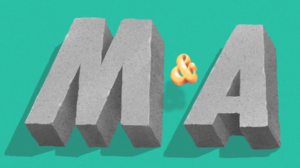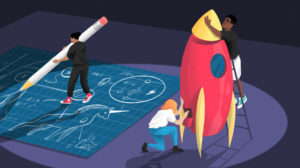Ada, a Canadian developer of an automated customer experience (ACX) platform, has raised $44 million in a Series B round led by Accel.
Subscribe to the Crunchbase Daily
Existing backers Bessemer Venture Partners, FirstMark, Version One, Burst Capital and Leaders Fund also put money in the round. The Toronto, Ontario-based company has now raised a total of just over $60 million since its 2014 inception, according to Crunchbase data. This latest financing is more than triple the amount raised in its Series A, led by New York-based FirstMark, in December 2018, according to Crunchbase.
The company declined to disclose the valuation at which the Series B was raised.
Ada, a SaaS operator, has built an AI chatbot onto its ACX platform with the goal of helping companies such as Mailchimp, Shopify, Upwork and Zoom save money and improve customer satisfaction. It currently has more than 100 customers.
I hopped on the phone with CEO and co-founder Mike Murchison to get a better understanding of what the company does.
“We’re on a mission to strengthen customer relationships through an incredibly easy-to-use automation platform,” he said. “Non-technical teams use a Lego-like block building experience to build a chatbot that automates upwards of 80 percent of all customer conversations.”
Ada can train its chatbot to understand and address topics specific to each business while getting up and running in weeks. A proprietary Natural Language Understanding engine helps the chatbot to understand meaning and context without perfectly constructed sentences, “allowing it to navigate around jargon, typos, spelling errors and more than 100 different languages,” according to the company.
The Ada advantage
The benefits of using Ada, Murchison said, include a dramatic reduction in customer service wait times. For example, one customer, AirAsia (with more than 100 million passengers) said the use of Ada cut down its wait time from one hour to less than 60 seconds.
It also increases customer satisfaction for an increase of 50 to 60 percent in rates in some cases, according to Murchison. Plus, it allows “a perfect memory of clients.”
“Whenever you talk to an Ada-powered bot, it always remembers who you are,” he told Crunchbase News. “And then it’s always improving based on the conversation you had.”
Additionally, it can automate the purchase of software for SaaS (software-as-a-service) companies.
“We’re turning what used to be a customer service cost center into a revenue generator,” Murchison said. “We’ve built an operating system for the customer experience.”
The company claims it helps automate over tens of millions conversations annually, and has: reduced customer wait time up to 98 percent; solved more than 70 percent of customer inquiries “instantly”; and achieved customer satisfaction scores of 90 percent.
Growth
While Ada is not yet profitable, it’s been seeing ARR (annual recurring revenue) growth. According to Murchison, ARR tripled in 2018 and 2019, and he expects it to triple again this year.
The company has 150 employees, 100 of whom were hired over the past year, and its new capital will go toward deepening the sophistication of Ada’s technology.
“We doubled our average automation rate last year, and we have a long roadmap of new ML features we’re going to accelerate the growth of with this new round,” Murchison told me. “We also want to expand our capabilities so we can support greater diversity and use cases, and types of customers.”
Ada also plans to use its new funds to “go more global.” Currently, 30 percent of its business is outside North America.
“I think it will be a lot more than that in the next couple of years,” Murchison said.
Investor POV
Accel’s Ben Fletcher said his firm was impressed with the origin of Ada. The co-founders, Murchison and David Hariri, actually created the product to solve a pain point around scaling customer support they were facing at another company.
“They pivoted the business to solve the problem,” Fletcher said. “And they have done it in such a way that gives customer service reps as well as business users and owners an opportunity to make their own tweaks–even if they are not technical. That not needing to have access to a development team is empowering.”
Accel invested in another Toronto-based SaaS company, 1Password, last year. In that case, Accel wrote its largest initial check ever, leading a $200 million round for the company in its first external funding in its 14-year history.
Blog Roll Illustration: Li-Anne Dias

Stay up to date with recent funding rounds, acquisitions, and more with the Crunchbase Daily.



![Illustration of stopwatch - AI [Dom Guzman]](https://news.crunchbase.com/wp-content/uploads/Halftime-AI-1-470x352.jpg)








67.1K Followers